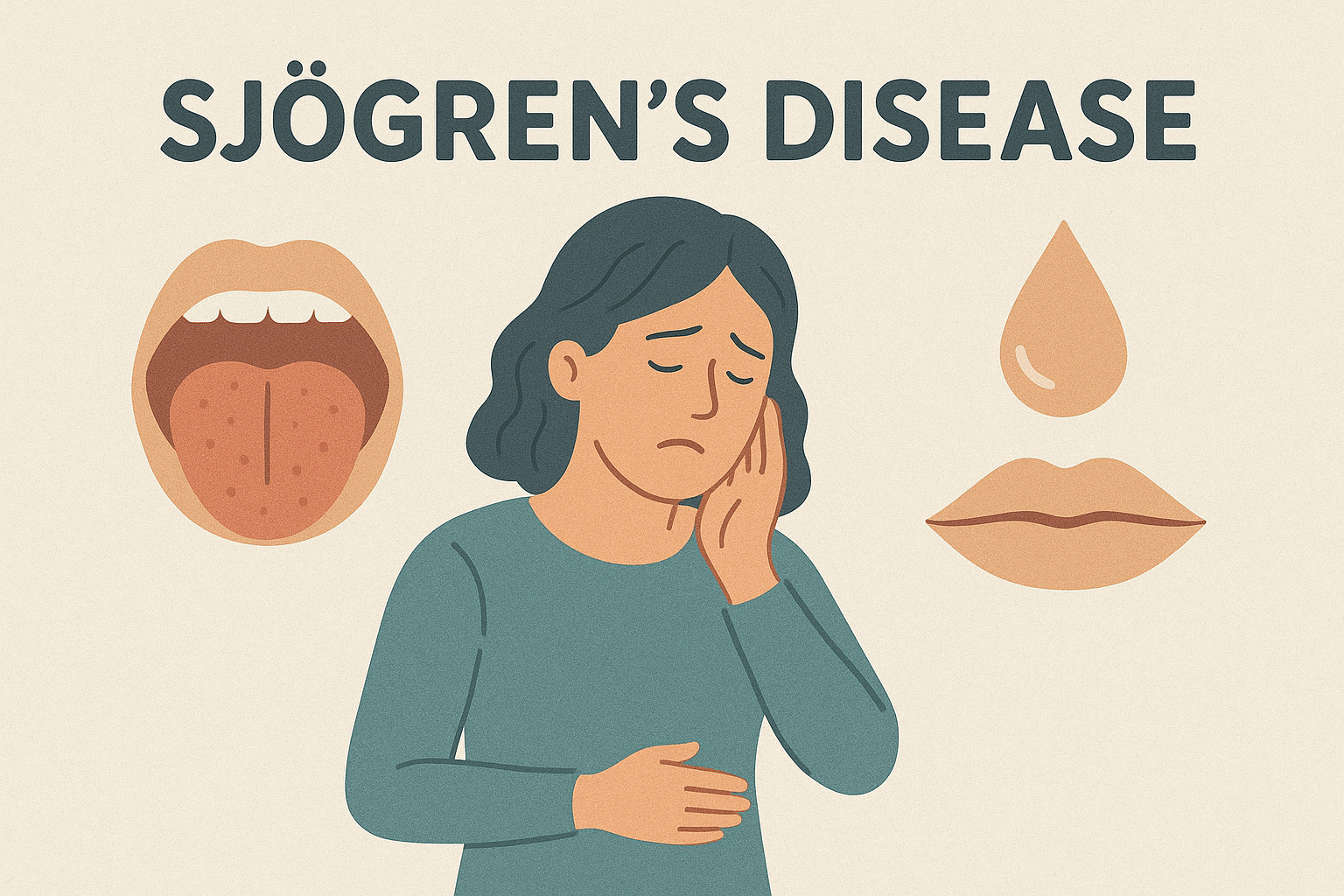
The Phase 2 DAHLIAS study (NCT04968912), a multicenter, randomized, placebo-controlled, double-blind trial, evaluated nipocalimab—an investigational monoclonal antibody targeting the neonatal Fc receptor (FcRn)—in adults aged 18–75 with moderate-to-severe primary Sjögren’s disease (SjD) seropositive for anti-Ro60 and/or anti-Ro52 IgG autoantibodies. A total of 163 participants were randomized 1:1:1 to receive intravenous nipocalimab 5 mg/kg, 15 mg/kg, or placebo every 2 weeks through Week 22, alongside standard-of-care therapy. The primary endpoint was the change from baseline in the Clinical EULAR Sjögren’s Syndrome Disease Activity Index (ClinESSDAI) score at Week 24, a composite measure assessing 11 systemic domains including constitutional symptoms, lymphadenopathy, glandular swelling, articular, cutaneous, respiratory, renal, muscular, peripheral/central nervous system, and hematological involvement.
The 15 mg/kg nipocalimab arm demonstrated a statistically significant least-squares mean difference of –2.65 (90% CI –4.03 to –1.28; p=0.0018) in ClinESSDAI score versus placebo, indicating reduced disease activity. Biomarker analyses supported clinical efficacy, revealing substantial reductions in rheumatoid factor, circulating immune complexes, and inflammatory markers compared to placebo. Patient-reported outcomes showed numerical improvements in hallmark SjD symptoms—oral, ocular, and vaginal dryness, joint pain, and fatigue—with the 15 mg/kg group exhibiting more than double the rate of clinically meaningful objective salivary flow improvement (≥50% increase from baseline: 33% vs. 16% in placebo) at Week 24.
Nipocalimab’s mechanism—high-affinity FcRn blockade leading to rapid, reversible lowering of pathogenic IgG autoantibodies without broad immunosuppression—was reflected in preserved immune function despite significant IgG reductions. No new safety signals emerged over the 24-week treatment period; serious infection rates did not increase, and no participants required intravenous immunoglobulin or rescue therapy. The safety profile aligned with that of IMAAVY™ (nipocalimab-aahu), approved for anti-AChR or anti-MuSK antibody-positive generalized myasthenia gravis in multiple regions.
As the only investigational SjD therapy granted U.S. FDA Breakthrough Therapy Designation (November 2024) and Fast Track Designation (April 2025), nipocalimab addresses a critical unmet need in a disease affecting ~4 million globally, predominantly women, with no approved disease-modifying treatments. The ongoing Phase 3 DAFFODIL study is actively enrolling to confirm these findings. These results underscore nipocalimab’s potential to mitigate autoantibody-driven pathology in SjD while maintaining immune competence.

